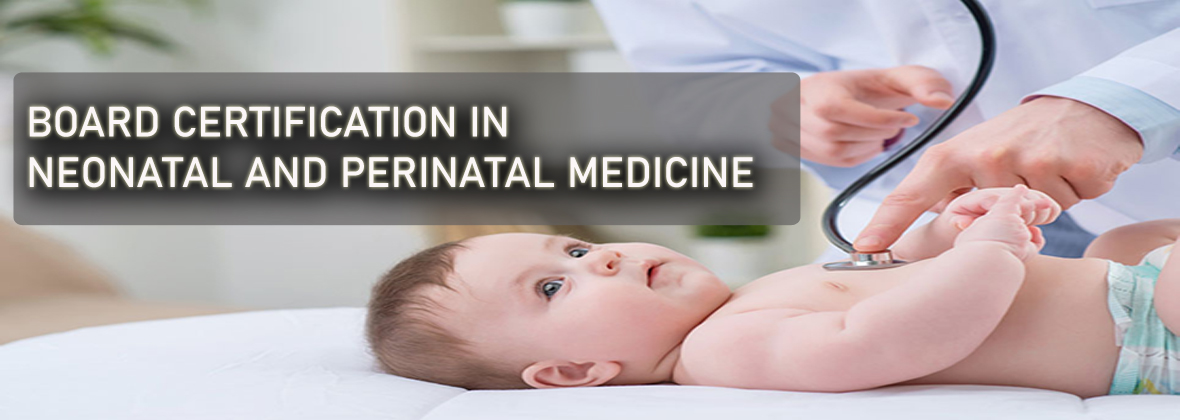
![]()
Neonatal Medicine is a technical, highly specialised and rapidly evolving area of paediatric medicine. Neonatal and perinatal problems account for a major part of childhood morbidity and mortality. In Sri Lanka, neonatal mortality accounts for over 75% of infant mortality at present. Hence it is imperative to recognize the importance of neonatology as an area of subspecialisation.
The Board of Study in Paediatrics (BOSP) implemented specialisation in several sub-specialities in 2004 with the intention of providing specialized and more focused attention to certain needy areas in Paediatrics. These were Neonatal/Perinatal Medicine, Paediatric Intensive Care, Paediatric Cardiology, Paediatric Neurology and Paediatric Nephrology. The Ministry of Health, in total agreement with the necessity to improve neonatal & perinatal care in order to reach better standards of infant and child health, opened up cadre positions for Specialist Neonatologists in all teaching hospitals, all District Hospitals and many Base Hospitals. Although Sri Lanka has commendable standards with regard to perinatal, neonatal and infant health statistics, it is clear that we, as a country can further improve with more focus towards improving maternal and newborn care.
Up to January 2014, sixteen post graduate trainees were recruited into the Sub-speciality Training Programme in Neonatal and Perinatal Medicine. Seven of them have successfully completed training and have already been Board Certified as Specialists in Neonatal Medicine.
This document outlines the structure, curriculum, training schedule and the prerequisites leading to Board certification as a specialist in Neonatology.
![]()
- participate in the multidisciplinary assessment and management of the at-risk foetus ∙ lead and direct the clinical management of all aspects of preterm and term newborn infants
- understand the regional organisational aspects of perinatal care and the principles of neonatal transport
- understand the psychological, behavioural and ethical issues relevant to the clinical care of newborn infants
- Develop skills in
- Counselling parents in an emotionally and culturally appropriate fashion ▪ prenatal counselling in liaison with the obstetric team on high risk pregnancies
- genetic counselling for newborns with inherited disorders
- Managing infants and families requiring palliative care
- Requesting an autopsy
- Supporting and debriefing health-care team
- Follow up of family.
- appreciate the importance of continuity of clinical care, including discharge planning, follow-up and referral of infants for ongoing paediatric care
- be cognisant of the importance of long term follow-up
- understand the complex psychological, behavioural, ethical and organisational aspects of working in a large multidisciplinary team
- be conversant with research methodology, critical appraisal of the literature and the practice of evidence based medicine.
- have a working knowledge of standard equipment use and in the SCBU/NICU in order to be able to supervise and ensure proper use and maintenance of the equipment by nursing and other support staff
- Be able to function as the Team Leader and guide junior medical, nursing and other support staff in the SCBU/NICU in caring for sick neonates in the unit.
- A Board certified Neonatologist should be able to head a “Level 3” Neonatology Unit with confidence as well as manage a neonatal unit with limited facilities in the most appropriate way, depending on the service requirements.
![]()
Applicants should have passed the MD Paediatric Examination. The candidates should not be already Board Certified in any medical field or have already applied to be enrolled in the training programme in any other subspecialty.
Please refer to the relevant prospectus for the most up to date information. The prospectus of a particular programme contains official information pertaining to a programme approved by the Board of Management, University Senate and the University Grants Commission